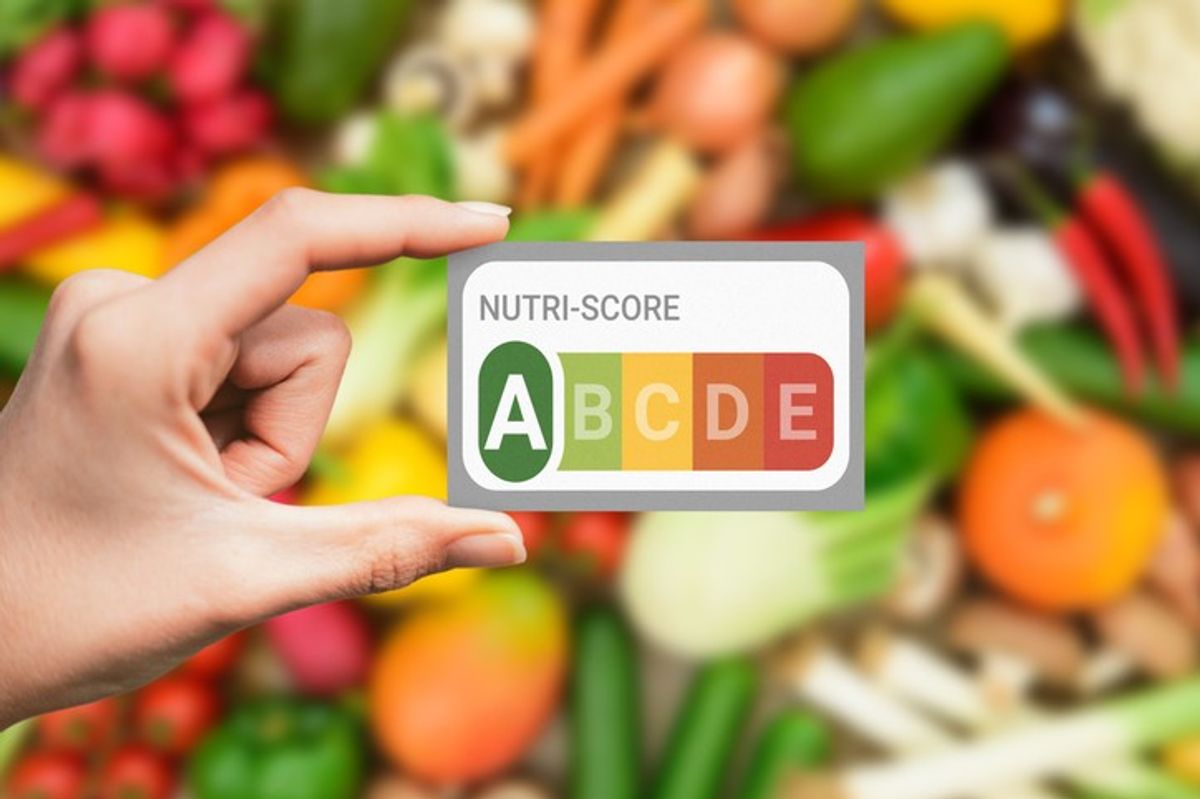Food firms should be forced to reveal how healthy or unhealthy their products are, an industry boss has said, calling on ministers to compel companies to publish an annual report.
Chief executive of Nomad Foods, which owns popular brands such as Birds Eye fish fingers, Findus frozen foods and Goodfella’s pizzas, Stéfan Descheemaeker has stated the mandatory publication of what proportion of each firm’s sales count as healthy or unhealthy under government guidelines would kickstart a “nutrition arms race” in which manufacturers would vie with each other to make their products better for health.
“We support measures requiring companies to publish data. We believe that requiring all food companies to do this would drive a nutrition arms race, kickstarting an industry-wide reformulation drive, ultimately increasing the production, sale and consumption of tasty, healthy food,” Descheemaeker told The Guardian.
Additionally, Descheemaeker also urged health secretary Wes Streeting to ensure that all tins and packets of foodstuffs carry "traffic light-style labels" to encourage people to choose more nutritious foods and shun less healthy options.
“We believe that mandatory front-of-pack nutrition labelling could play a vital role in helping the public understand what is healthy and what is not,” Descheemaeker said. “We’ve seen this work in other European markets, such as France, where ‘nutri-scores’ have been shown to influence healthier purchase decisions.”
For the last seven years Nomad has published figures showing the percentage of its net sales that are deemed healthy under the government’s nutrient profiling model of judging which products contain the right or wrong amounts of fat, salt and sugar. It was now at 93.3 per cent overall healthy, he said, according to the official high in fat, sugar or salt (HFSS) assessment system.
Nomad has also cut the amount of sugar in its Aunt Bessie’s apple crumbles by 30 per cent and added 15 per cent more fibre so it too now counts as HFSS compliant. The company has also reduced the salt in its products such as Birds Eye fish fingers and potato waffles.
Descheemaeker's call followed a similar appeal by House of Lords food, diet and nutrition and obesity committee that urged ministers to take a much more robust approach to the food industry to help address the obesity “public health emergency”.
It called for routine reporting of sales data, a new salt and sugar tax model modelled on the sugar tax, and “a decisive shift away from voluntary measures to a system of mandatory regulation of the food industry”.


